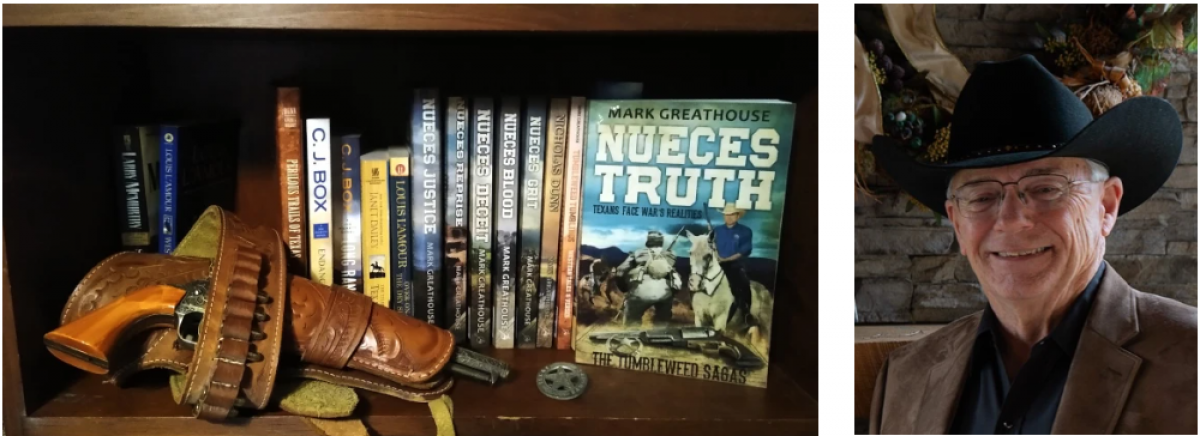Think On: “What oxygen is to the lungs, such is hope to the meaning of life.” EMIL BRUNNER, Swiss Theologian
It’s a given that most folks, including Tumbleweed, struggle to find meaning in their lives. We hope for the best. What if we lose hope? What does life without hope mean?
Tumbleweed led a men’s book study a few years back based on psychologist and Christian apologist Dr Larry Crabb’s “Inside Out.” It’s a great book, but not for the faint of heart who might be put off by its introspection. God isn’t always gentle. Anyway, Crabb suggests that we humans have certain longings: casual, critical, and crucial. Casual longings might be preferring a red colored car or desiring tickets to a baseball game. They’re not really vitally important to our lives. Critical longings begin to position us toward being concerned with life’s meaning. They are comprised of life basics like food and shelter. They are akin to the lower elements of Abraham Maslow’s “Hierarchy of Needs” (physiological, safety, love/belonging, and esteem). When critical longings are being satisfied and we have time to dabble in casual longings, we might start to wonder at the meaning of life. Why indeed are we here on this planet? We might consider Maslow’s pinnacle of needs: self-actualization. Ah, dear reader, we open the door to what Crabb calls crucial longings. Guess what? You are unlikely to achieve them in this life.
Tumbleweed recently read clinical psychologist Dr. Jordan Peterson’s “Maps of Meaning,” a book in which the author articulates his journey of finding meaning in life. Spoiler alert! He finds it in the New Testament. Peterson sees life as a struggle to put order into chaos and has discovered that the solution is found in Christ’s teachings. Going back to Crabb’s postulation of struggling to satisfy our crucial longings and having linked those longings with the meaning of life, we might be easily frustrated.
Some few of you may have heard of the Stockdale Paradox. Admiral Stockdale was the highest-ranking U.S. officer held as a POW in Viet Nam. Despite being kept in solitary confinement for 4 years, in leg irons for 2 years, physically tortured more than 15 times, denied medical care, and malnourished, Stockdale organized a system of communication and developed a cohesive set of rules governing prisoner behavior. He put order into chaos. Codified in the acronym BACK U.S. (Unity over Self), these rules gave prisoners a sense of hope and empowerment. Many of the prisoners credited these rules as giving them the strength to endure their lengthy ordeal. Drawing largely from principles of stoic philosophy, notably Epictetus’ “The Enchiridion,” Stockdale’s courage and decisive leadership was an inspiration to POWs. Stockdale was able to give the POWs meaning, and with that, hope. Perhaps, we live our own Stockdale Paradox.
Tumbleweed contends that meaning in life requires hope. We hold out hope at achieving our crucial longings, at self-actualizing, at attaining a life of significance. All the riches in the world cannot hope to compare with the satisfaction of these sorts of non-financial achievements. Just sayin’.
